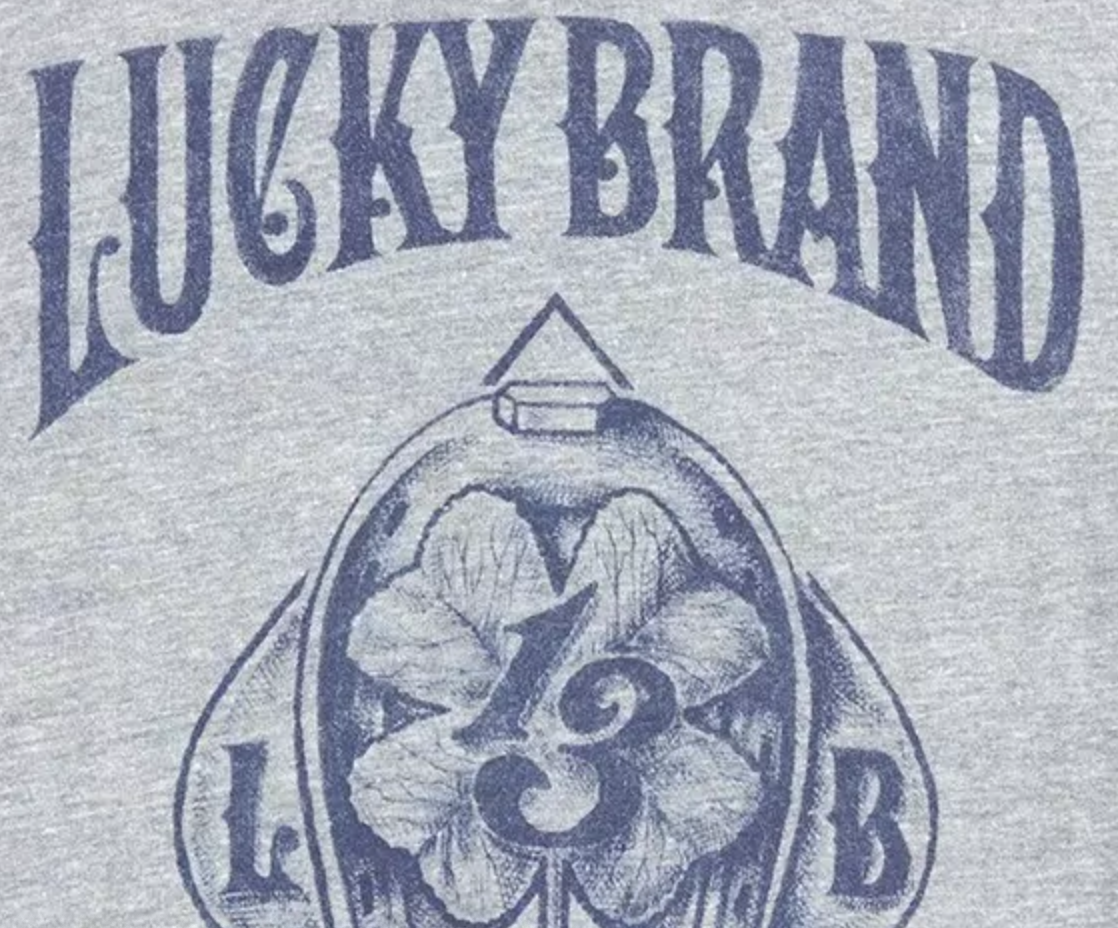WASHINGTON (CN) — American denim giant Lucky Brand persuaded the Supreme Court on Thursday that it didn’t forfeit the chance to raise a defense in a long-running trademark spat over the slogan “Get Lucky.”
Litigation between Lucky Brand Dungarees and Marcel Fashion Groups dates back to 2001. During the latest version of the spat, the Second Circuit blocked Lucky in 2015 from asserting a certain defense under res judicata, a legal doctrine that prevents parties from raising issues that could have been raised and decided in prior action.
Justice Sonya Sotomayor wrote for the unanimous court Thursday that this should not have been an issue.
“Because the two suits here involved different marks and different conduct occurring at different times, they did not share a ‘common nucleus of operative facts,’” the 12-page opinion states.
The court’s opinion reflects the mood of justices from January oral arguments where Chief Justice John Roberts called it counterintuitive for a party to be expected to present all of its positions before a court.
Lucky’s barred defense is indeed the same one that it first asserted in a 2005 iteration of the case. For Marcel, it is Lucky’s failure to pursue that 2005 defense to the end that makes the claim barred now.
Concluding otherwise, Sotomayor noted that the 2011 action involved a claim that didn’t exist in the earlier litigation: “that Lucky Brand committed infringement by using Lucky Brand’s own marks containing the word ‘Lucky’ — not the ‘Get Lucky’ mark itself.”
“Plainly, then, the 2011 action challenged different conduct, involving different marks,” she added.
Sotomayor also emphasized that trademark cases — “where the enforceability of a mark and likelihood of confusion between marks often turns on extrinsic facts that change over time —make it particularly challenging to navigate preclusion principles.
“As Lucky Brand points out, liability for trademark infringement turns on marketplace realities that can change dramatically from year to year,” Sotomayor wrote. “It is no surprise then, that the Second Circuit held that Marcel’s 2011 action claims were not barred by the 2005 action. By the same token, the 2005 action could not bar Lucky Brand’s 2011 defenses.”
In its petition for certiorari, Lucky scoffed at the Second Circuit’s conclusion that “that the prior judgment between the parties did not preclude the plaintiff from raising new claims, but did preclude the defendants from raising a defense to those new claims that was never previously resolved.”
“That ‘sounds absurd, because it is,’” Lucky wrote.
Sotomayor agreed.
“Lucky Brand’s defense in the 2011 action did not threaten the judgement issued in the 2005 action, did not threaten the judgment issued in the 2005 action or, as Marcel argues, ‘achieve the same practical result’ that the above-mentioned principals seek to avoid,” she wrote. “Put simply, Lucky Brand’s defense to new claims in the 2011 action did not risk impairing the 2005 judgment.”
Lucky is represented by Kirkland & Ellis. Marcel is represented by Louis Gigliotti of Hollywood, Florida.
Ann Bartow, a law professor at the University of New Hampshire, said in an email Thursday that she was surprised that the Supreme Court took the case. As for the decision and its effect on either brand, Bartow said the case served as a reminder for the arduous nature of trademark disputes.
“I am not sure what it means for brands other than a reminder that trademark disputes can drag on for a long time and may not always be worth the expense of litigation and potential for bad publicity,” she wrote.
Subscribe to Closing Arguments
Sign up for new weekly newsletter Closing Arguments to get the latest about ongoing trials, major litigation and hot cases and rulings in courthouses around the U.S. and the world.









